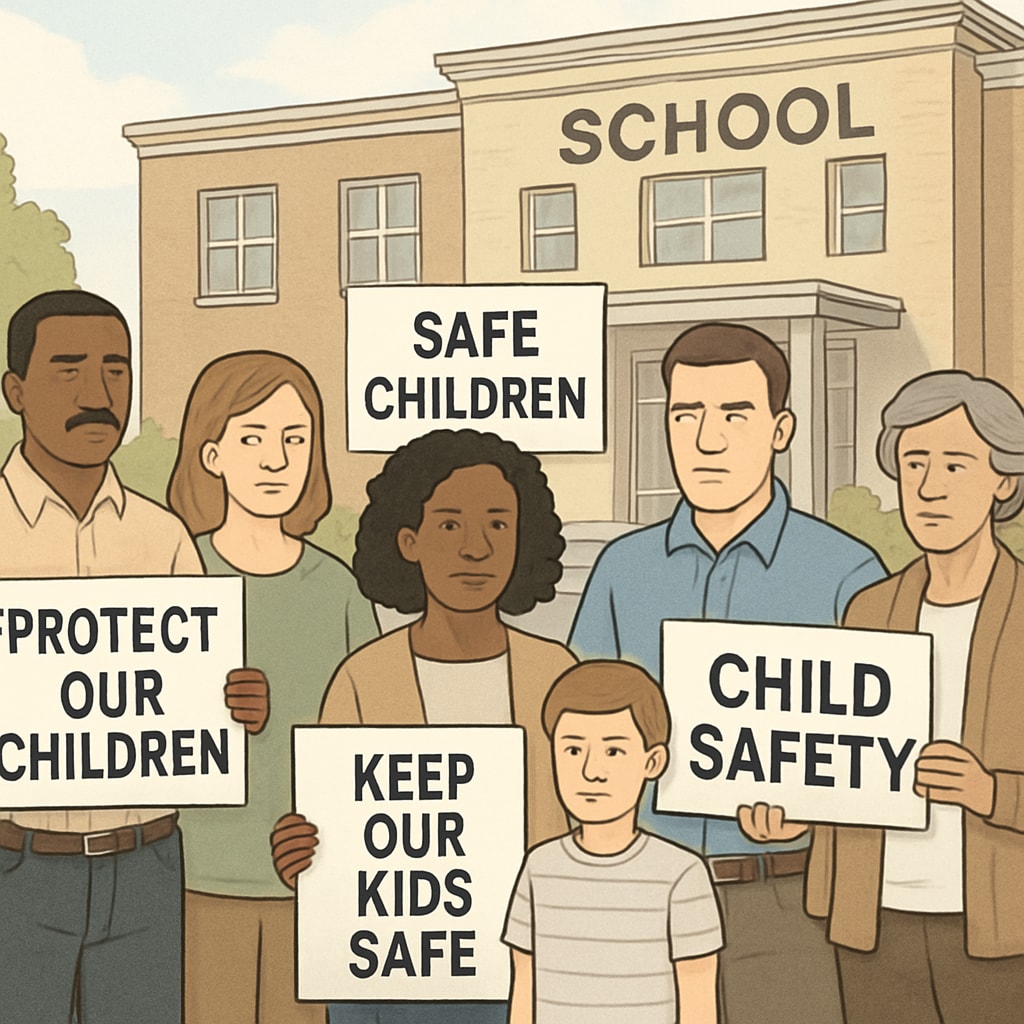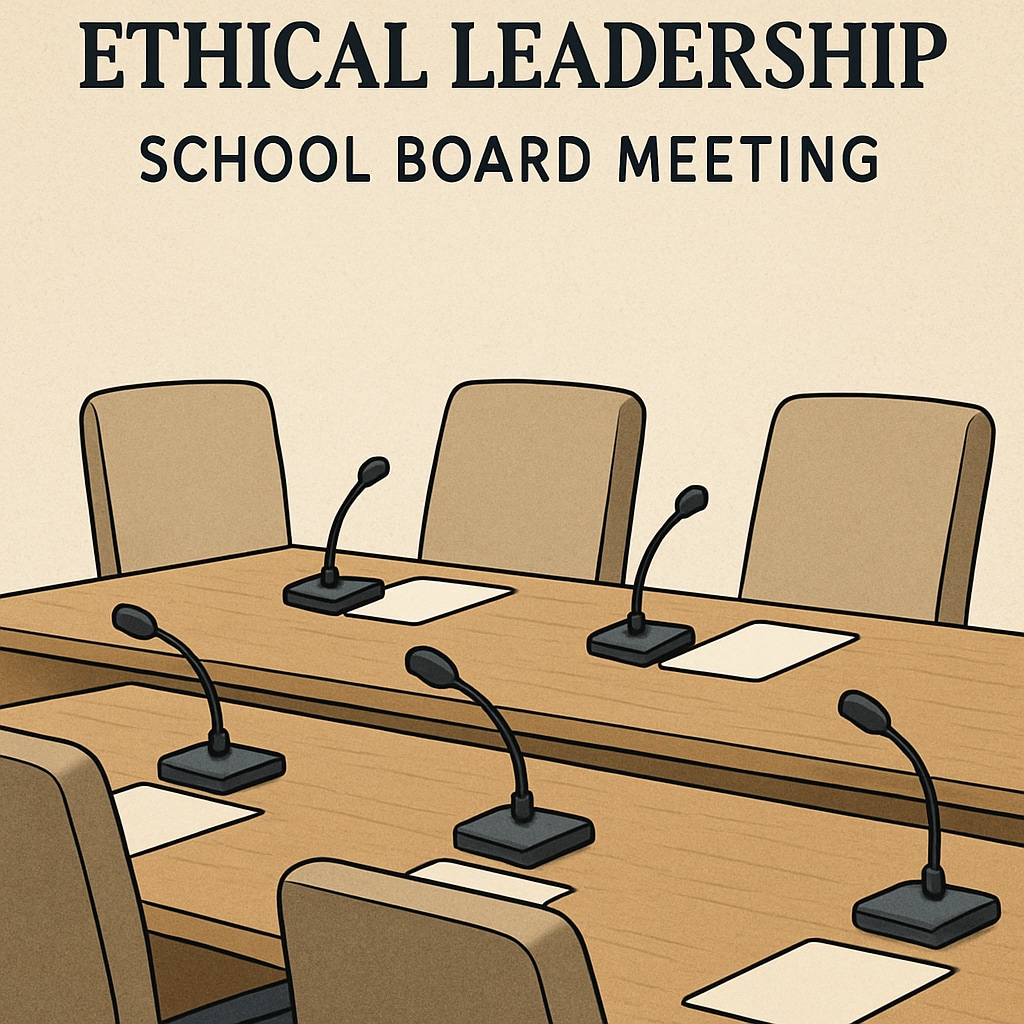Ensuring student safety in schools is a fundamental priority for communities. However, the appointment of individuals with a history of child abuse to school board positions raises alarming concerns. The presence of such individuals in decision-making roles not only undermines trust but also poses significant risks to the educational environment. This article delves into the implications of this issue and provides actionable strategies for communities to unite and safeguard their schools.

Understanding the Risks of Child Abuse Convicts on School Boards
School boards play a critical role in shaping educational policies, allocating resources, and ensuring the overall safety of students. Allowing individuals with a child abuse history to occupy positions on these boards can have far-reaching consequences. For example:
- Undermining community trust in the school system.
- Potential inability to prioritize student safety in decision-making processes.
- Creating a hostile environment where abuse survivors feel unsafe.
These risks highlight the importance of addressing this issue promptly and effectively.
Legal and Ethical Actions Communities Can Take
Protesting the inclusion of individuals with child abuse convictions on school boards requires organized and lawful action. Here are effective strategies:
- Petitions: Launch petitions demanding transparency in board member selection and advocating for stricter screening processes.
- Community Meetings: Host forums to educate parents and community members about the risks and mobilize collective efforts.
- Media Outreach: Leverage local media to raise awareness and bring attention to the issue.
- Legal Recourse: Explore legal options, such as filing grievances or working with advocacy groups.
For example, organizations like Britannica’s child abuse resources or Wikipedia’s child abuse page offer valuable insights for understanding and addressing these concerns.

Fostering Unity for Long-Term Safety
Addressing this issue requires more than just immediate protest; it demands sustained community involvement. To promote long-term safety:
- Establish parent-teacher associations focused on monitoring board activities.
- Advocate for legislative changes that enforce rigorous background checks for school board candidates.
- Encourage collaboration between schools and local organizations specializing in child protection.
Unity and persistence are key to ensuring that school boards remain dedicated to fostering safe, nurturing environments for students.
In conclusion, the appointment of individuals with a history of child abuse to school boards poses substantial risks to student safety. Communities must act decisively by organizing protests, leveraging legal avenues, and fostering long-term vigilance to protect educational spaces. Together, parents, educators, and concerned citizens can ensure that schools remain sanctuaries of learning and growth.


